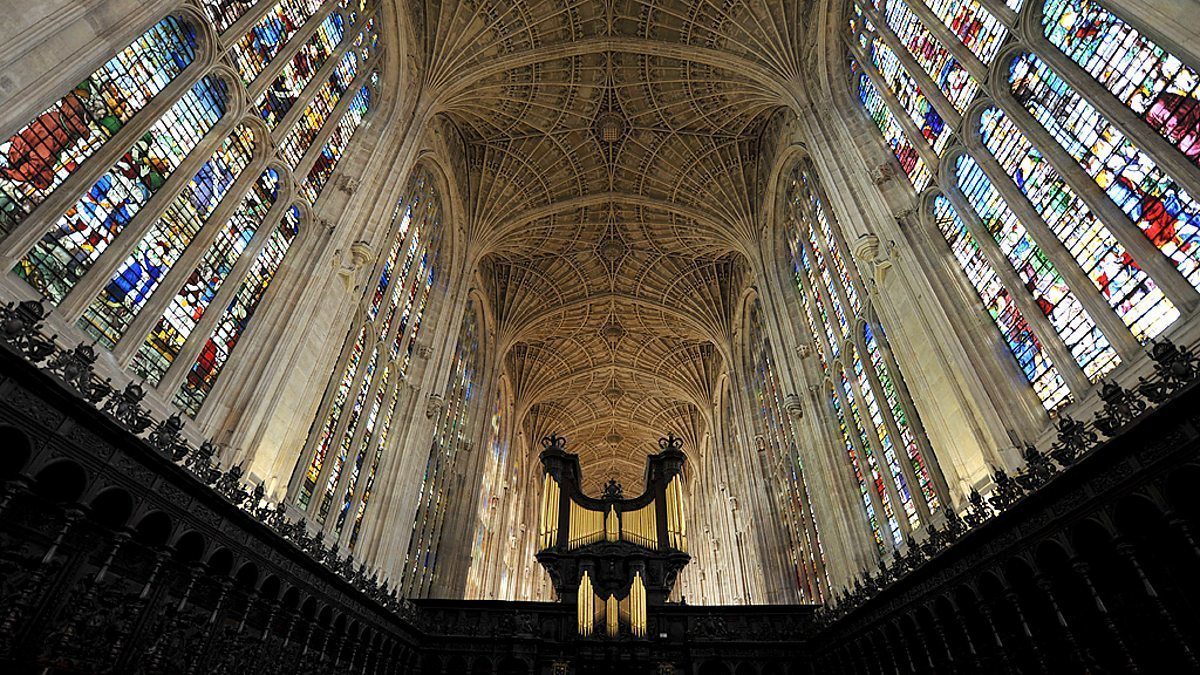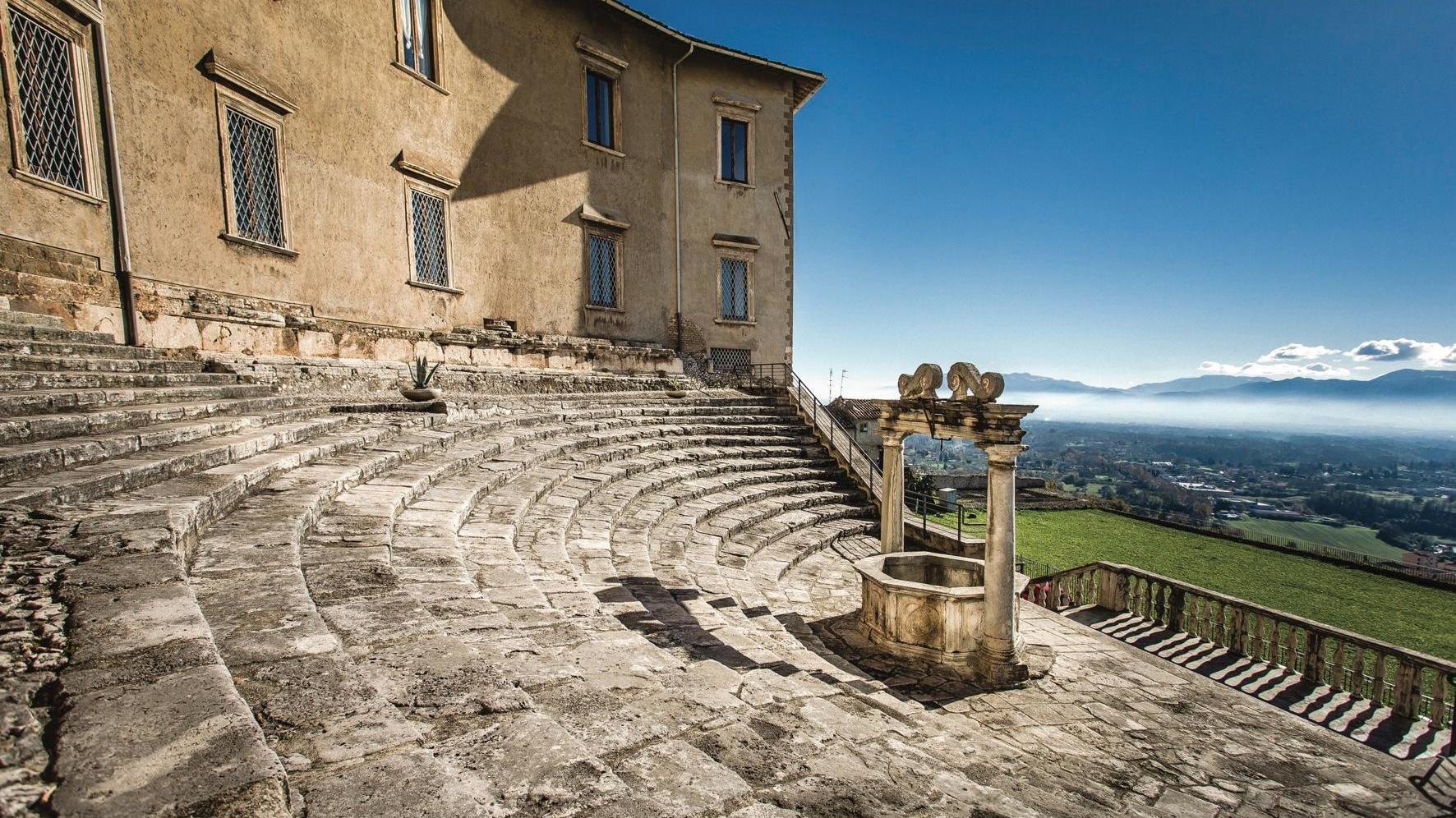Palestrina’s “Sicut Cervus,” The Cambridge Singers
As a hart longs for the flowing streams, so longs my soul for thee, O God. -Psalm 42:1 Palestrina’s motet, Sicut cervus, is a setting of this poetic text. Serene and sensuous, its four-voice Renaissance polyphony evokes the flowing water that promises to satisfy the thirsty deer. Its expansive, continuously aspiring lines suggest a deep sense of longing and lament. Giovanni Pierluigi da Palestrina (c. 1525-1594) composed six books of motets, along …


